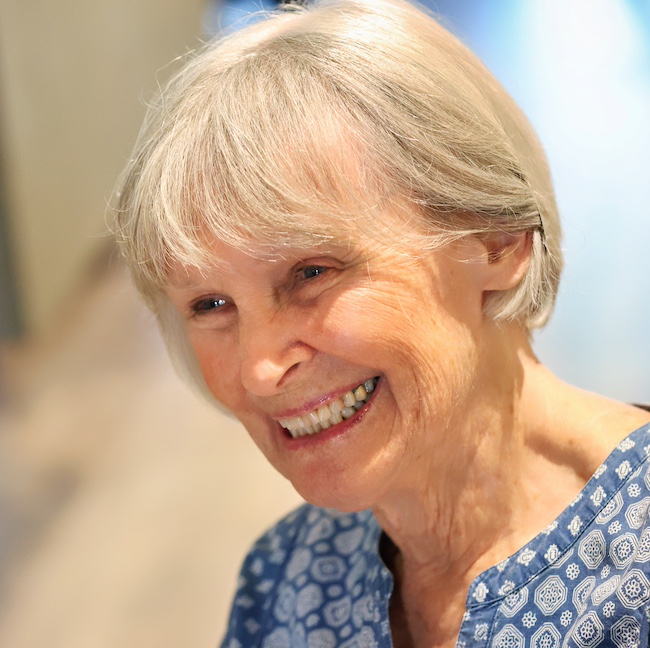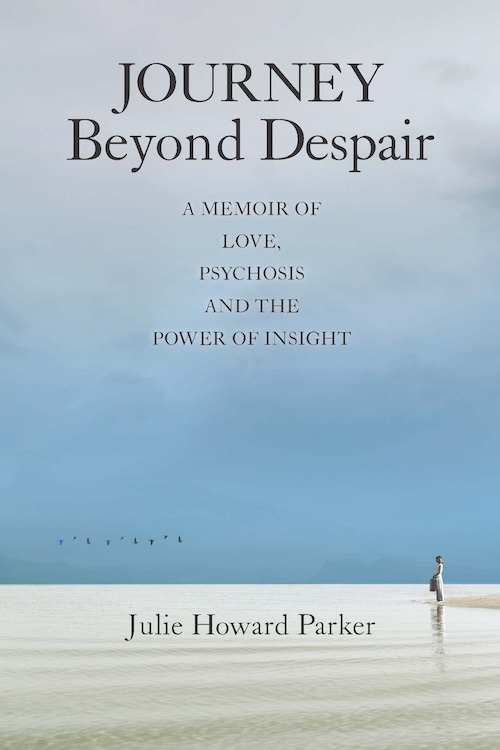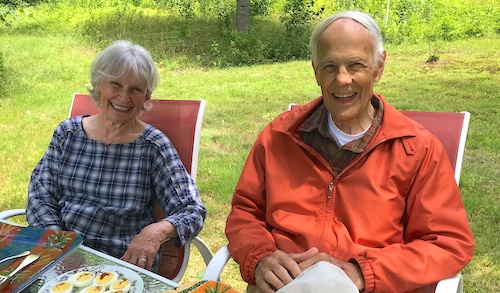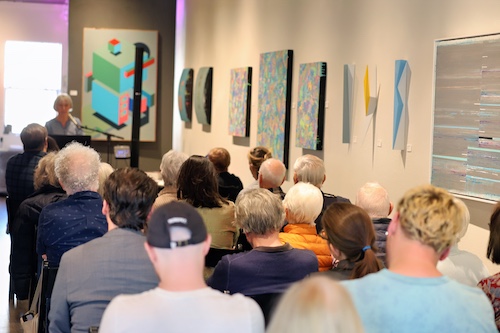Can Mental Illness Be a Gift to a Relationship?
A Startling New Voice Offers Hope to Sufferers, Families and Their Support Teams.


on Amazon.com, IngramSpark, or order From your local library or bookstore.
ISBN #9798992060508. Available in paperback and ebook; audiobook release, summer, 2025.
Journey Beyond Despair
A true story of Peter and Julie, two lovers pitted against a deadly enemy, Journey Beyond Despair addresses the bold question printed above. The saga begins with Julie’s admittance to a psychiatric hospital, then leads upon recovery into a 40-year quest to conquer her recurring dysfunction with Peter’s unwavering support. Julie’s insight grows, but so does the clever foe within, pushing the couple to despair. Enter “Beyond.” The journey culminates in a dramatic twist, crowning a profound drama of devotion with triumphant healing.
Reviews
Book Life, a branch of Publishers Weekly, Review April, 2025
“Parker’s memoir is raw, sincere, and refreshingly free of judgment… She leaves nothing to the imagination, vividly portraying her struggles to survive.”
Takeaway: Inspiring reminder that resilience and self-acceptance are transformative.
Comparable Titles: Meg Kissinger’s While You Were Out, Matt Haig’s Reasons to Stay Alive.
Kirkus Review, April 9, 2025:
“A moving and … fascinating life story. The memoir is inspiring, demonstrating the possibility of living a full life and having a lasting partnership even when battling mental illness.”
Kirkus Review
Susan Cross, Ph.D., Licensed Psychologist, Review January, 2025:
“Beautifully written with a gift of honest reflection, the memoir is a treasure of humbling self-exposure. Parker’s quest for self-realization captures a family story spanning four decades in lyrical style. I am in awe of her power of insight.
Traute Winters, Executive Director, National Alliance on Mental Illness, NAMI, Greater Los Angeles County, Review February, 2025:
“Wonderful reading. Parker provides a raw, firsthand narrative of what it’s like living with mental illness, offering unusual empathy for her family supporters. With a strong focus upon women whose disorder is connected with postpartum and menopause, Journey Beyond Despair captured my interest from the beginning, especially the author’s narrative about her developing spirituality.”
About the author and her lifelong mate, Peter Parker, picnicking on their summer lawn in Vermont.

They are among America’s oldest couples, with affection for the world, each other and for humanity’s future.
But this couple started life together with a near-tragic calamity. Journey Beyond Despair tells a story that challenges common assumptions. It has led the author to see life as a mythic journey with Herculean tests along the way, leading to an end goal that reveals and conquers the masked enemy: ourselves.
I love to show readers it is never too late to start writing by being upfront about the fact I started my memoir, Journey Beyond Despair, at age eighty and finished it at ninety-one. The honesty it takes to dig down to the core of one’s mental illness and split open the most agonizing symptoms of it to share with readers requires a distance I had not yet traveled earlier.
When A Group Gathers To Listen To The Author…
Something magical happens. The room walls vanish, a hush settles over attendees. Julie sweeps listeners into her alternate realm. Is it her voice that is casting the spell? Or are words her potion?
Listen to Julie, as she takes you with her into a time long ago:

What happens at age 80? Gradually, I have evolved far enough from the student and young mother I once was to present myself as almost a symbolic human, a prototype.
Or, as Fernando Aramburu puts it in the title of his prose poem collection, an Autorretrato sin mi, a ‘self-portrait minus me.’
This suggests we live eternal patterns meaningful for all human beings. We are on mythic journeys we don’t recognize until, usually too late, life’s end approaches.
I love feeling we are all part ‘every human,’ so our most embarrassing and dysfunctional quirks and failings are variations on everyone else’s. That makes it easy to love humanity.
10% discount on books.
Lorem ipsum dolor sit amet, consectetur adipiscing elit, sed do eiusmod tempor incididunt ut labore et dolore magna aliqua.
